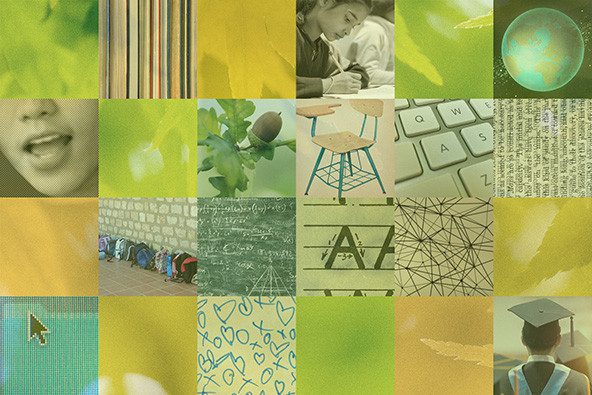- AI is being used to bridge educational gaps and make learning more accessible.
- A 2023 experiment tested AI’s ability to learn and translate the endangered Kalamang language using a single grammar book.
- Initially, a human translator outperformed AI, but Google’s Gemini 1.5 later surpassed human accuracy.
- This success suggests AI can democratize knowledge, particularly in underserved communities and rare languages.
- AI-powered nonprofits like Rocket Learning and Khan Academy already utilize AI to enhance education.
- Learning Equality provides offline educational access through its Kolibri platform, reaching millions globally.
Main AI News:
Artificial Intelligence is revolutionizing education by bridging gaps and enhancing accessibility, with AI-powered nonprofits leading the charge. A notable example is the 2023 experiment involving the endangered Kalamang language, spoken by only 130 people. Researchers from Google, Stanford, and Oxford teamed up with Eline Visser, a University of Oslo PhD student, to test whether an AI large language model (LLM) could learn and translate a new language from scratch using a single grammar book.
Visser’s book, the first-ever grammar guide for Kalamang, served as the sole training material. Initially, ChatGPT-4 was tasked with translating 500 Kalamang sentences into English. While a human translator initially outperformed the AI regarding accuracy and natural expression, the process took the expert weeks to complete. In contrast, when retested, Google’s Gemini 1.5 surpassed the human translation, demonstrating AI’s potential to digest and translate new languages quickly.
This breakthrough suggests that AI could be crucial in making knowledge accessible to underserved communities, particularly in rare languages. The implications for education are profound, offering a glimpse into how AI might democratize learning on a global scale, reaching those who have never had access to formal education.
AI-powered nonprofits are already leveraging such technology to close educational gaps. For instance, Rocket Learning in India uses AI to provide early childhood education through WhatsApp, creating localized content in key Indian languages and automating grading. Similarly, Khan Academy’s Khanmigo AI tutor guides students through problems without giving direct answers, enhancing critical thinking skills.
Learning Equality takes this further by offering offline access to educational resources through its Kolibri platform, reaching millions of learners globally. These initiatives highlight AI’s potential to make education more equitable and accessible, setting the stage for a future where quality learning is within everyone’s reach.
Conclusion:
The successful application of AI in translating a rare language highlights the growing potential of AI in the education market. This factor indicates a significant shift toward AI-driven solutions that can democratize access to knowledge, particularly in underserved and disconnected regions. For the market, this means an increasing demand for AI-powered educational tools and platforms that offer scalable, personalized, and accessible learning solutions. Companies and nonprofits in this space have a unique opportunity to capture a growing segment by focusing on AI-driven education, especially in emerging markets with limited traditional educational resources. The future of education will likely be shaped by AI’s ability to bridge existing divides, making quality learning available to all.

